The energy sector, a cornerstone of the global economy, is marked by dynamic competition and ever-evolving market dynamics. One crucial metric that investors and industry enthusiasts closely monitor is market capitalization. In this article, we'll delve into the world of energy giants and explore the top 10 energy companies by market cap, shedding light on what sets them apart in this highly competitive landscape.
Understanding Market Cap: The Financial Pulse of Companies
Market capitalization, often referred to as market cap, is a financial metric that provides insights into the overall value of a publicly traded company. It is calculated by multiplying the company's current stock price by its total outstanding shares. This metric is instrumental in assessing a company's size, performance, and influence in the market.
Criteria for Selection: What Sets the Energy Leaders Apart
Selecting the top 10 energy companies involves a careful consideration of various criteria. Factors such as revenue, profitability, innovation, and sustainability practices play a pivotal role in determining the rankings. Additionally, the energy sector's unique challenges, geopolitical influences, and market trends contribute to the overall evaluation.
10. Equinor
Market Cap: $95.35 billionEquinor, a Norwegian energy giant, operates in oil, gas, wind, and solar energy. Known for its oil and gas exploration and production, Equinor is making strides in renewable energy with a commitment to reducing greenhouse gas emissions. The company is a prominent player in offshore wind and has ambitious goals for carbon footprint reduction.
9. TAQA (Abu Dhabi National Energy Company)
Market Cap: $105 billionTAQA, a state-owned company in Abu Dhabi, covers oil, gas, power generation, and water desalination. With operations spanning internationally, TAQA is committed to sustainable development and reducing its environmental impact across diverse sectors.
8. BP (British Petroleum)
Market Cap: $106.52 billionBP, a multinational energy company, is a key player in oil, gas, renewable energy, and petrochemicals. With significant investments in wind and solar power, BP aims for 50% of its net power generation to be from renewables by 2030. The company is dedicated to achieving net-zero emissions by 2050.
7. PetroChina
Market Cap: $136.40 billionAs a Chinese state-owned oil and gas company, PetroChina is a global giant in exploration, production, and refining. Engaging in renewable energy development, PetroChina has set ambitious targets for emission reductions by 2030, actively contributing to China's energy landscape.
6. ConocoPhillips
Market Cap: $148.04 billionConocoPhillips, an American multinational, operates in oil, gas, and natural gas liquids. The company is committed to reducing greenhouse gas emissions and achieving net-zero emissions by 2050. Investments in low-carbon technologies, including carbon capture and storage, showcase ConocoPhillips' dedication to sustainability.
5. Total Energies
Market Cap: $158.11 billionTotal, a French multinational, explores oil, gas, renewable energy, and natural gas. With a strong focus on achieving net-zero emissions by 2050, Total is actively involved in renewable energy projects globally, including solar and wind power.
4. Shell
Market Cap: $202.4 billionShell, a multinational energy company, operates in oil, gas, renewables, and chemicals. Investing heavily in wind, solar power, hydrogen, and electric vehicle charging, Shell aims to provide low-carbon energy solutions worldwide.
3. Chevron
Market Cap: $349.66 billionChevron, an American multinational, engages in oil, gas, and chemicals. Operating globally, Chevron is actively reducing greenhouse gas emissions with diversified assets, including renewable energy projects, while maintaining a strong focus on its core business.
2. Exxon Mobil
Market Cap: $468.70 billion
ExxonMobil, a major American energy company, operates in oil, gas, and chemicals. With global reach, ExxonMobil invests in research and development, focusing on its core business of oil and gas exploration. While exploring new technologies, the company does not have a specific renewable energy target.
1. Saudi Aramco
Market Cap: $1.933 trillionSaudi Aramco, the world's largest oil and gas company, operates in exploration, production, refining, and marketing. With a significant presence across the globe, Saudi Aramco is actively investing in carbon capture, renewable energy, and aims to achieve a 30% reduction in emissions intensity by 2030.
Conclusion: Staying Informed in a Dynamic Energy Landscape
In conclusion, understanding the market cap of top energy companies provides valuable insights into their financial health, competitive positioning, and overall influence in the market. As the energy sector continues to evolve, staying informed about market cap dynamics is crucial for investors, industry professionals, and enthusiasts alike.
FAQs: Unveiling Key Insights
Q: Why is market capitalization important for energy companies?
- A: Market capitalization reflects a company's size and influence, providing investors with valuable insights into its financial health and competitive standing.
Q: How do energy companies contribute to sustainability?
- A: Many energy companies, such as TotalEnergies, focus on sustainable practices and renewable energy sources to contribute to a more environmentally friendly future.
Q: What challenges do energy companies like ConocoPhillips face?
- A: Energy companies face challenges such as fluctuating commodity prices, geopolitical influences, and the need to adapt to evolving consumer preferences.
Q: How does PetroChina bridge Eastern and Western markets?
- A: PetroChina strategically positions itself to leverage opportunities in both Eastern and Western energy markets, contributing to its substantial market cap.
Q: How can investors use market cap information when making investment decisions?
- A: Investors can use market cap information to gauge a company's size, stability, and growth potential, aiding in informed investment decisions.

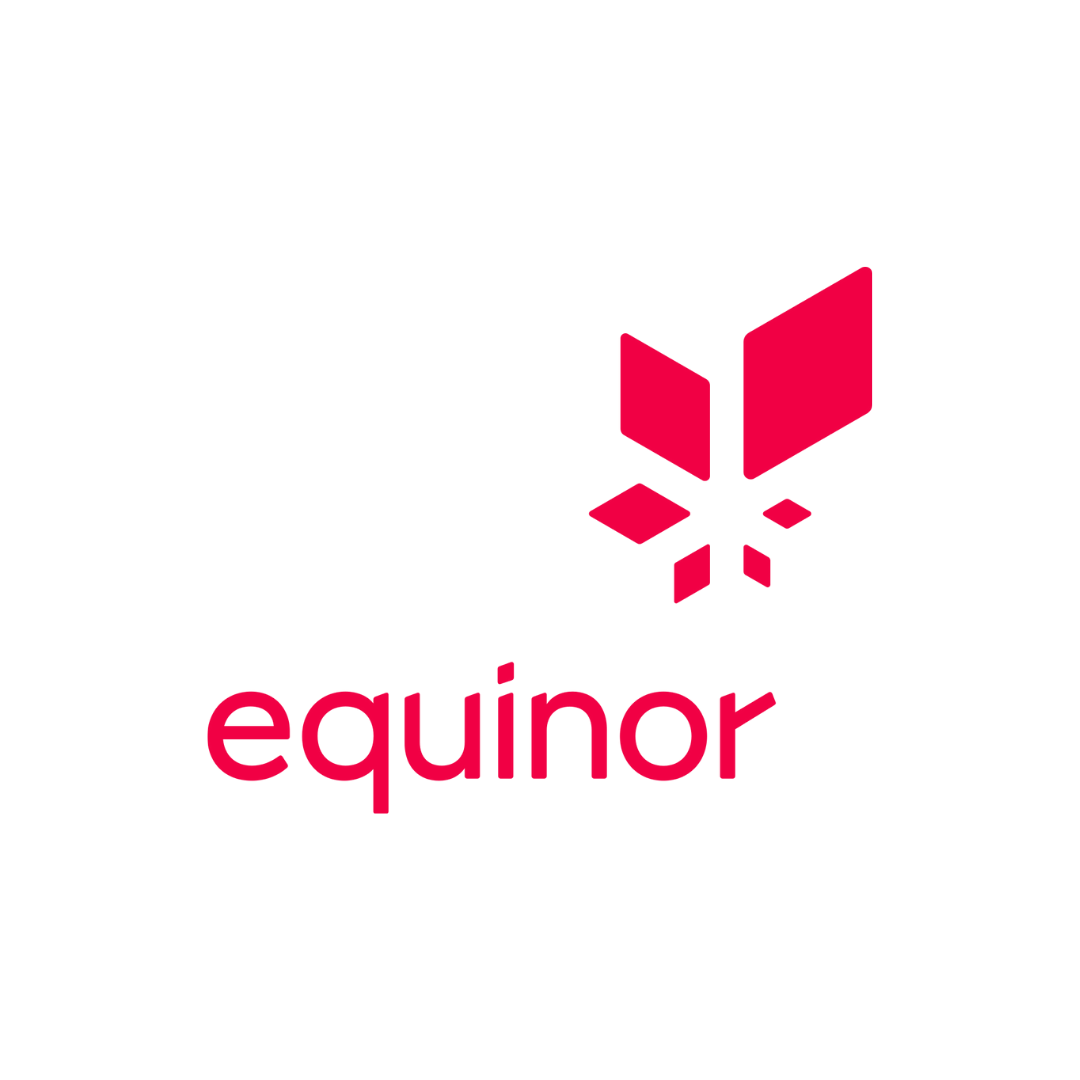
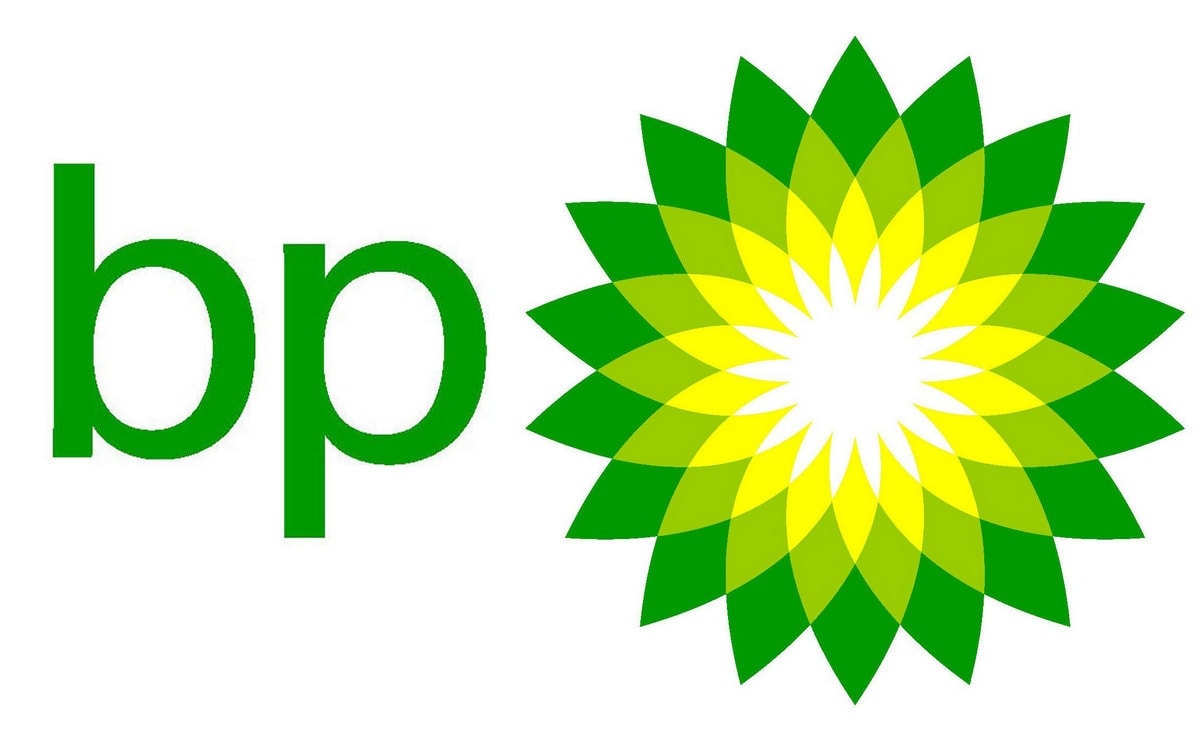
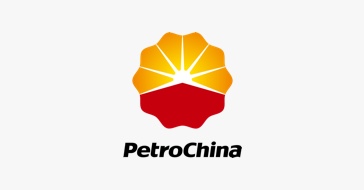
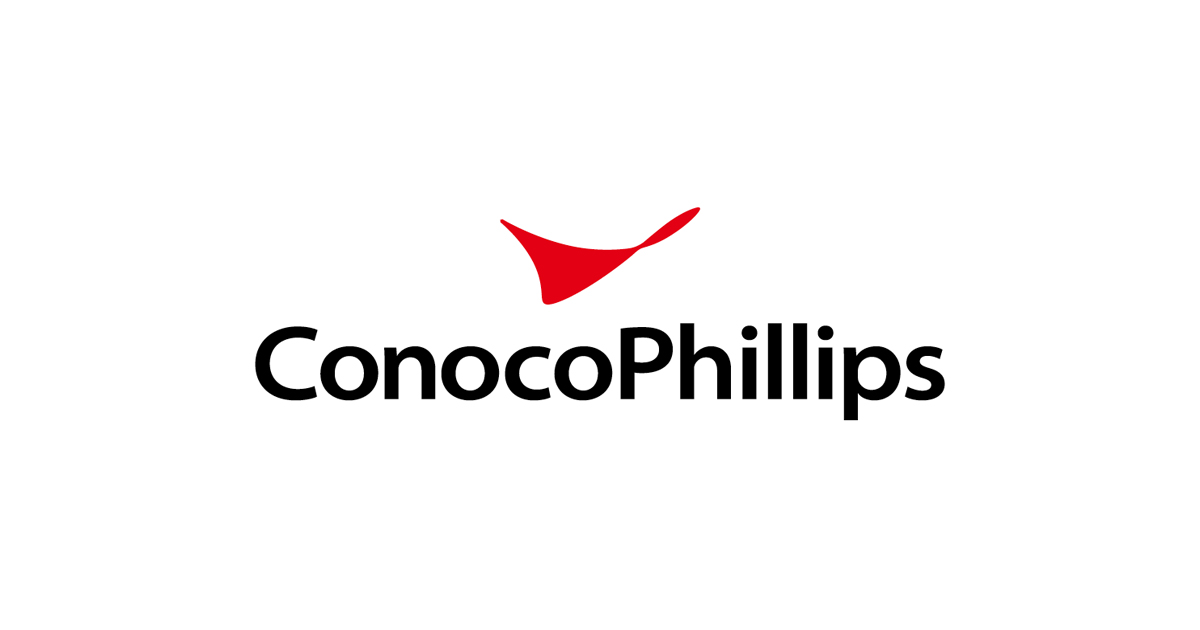
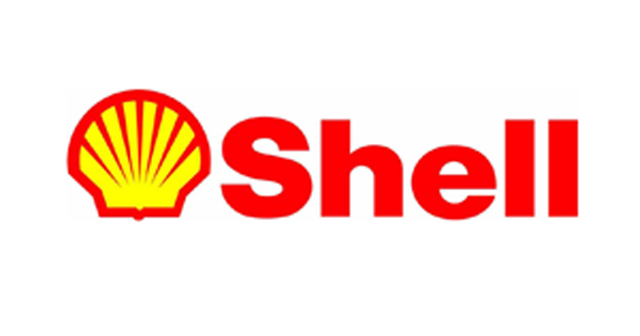


0 Comments